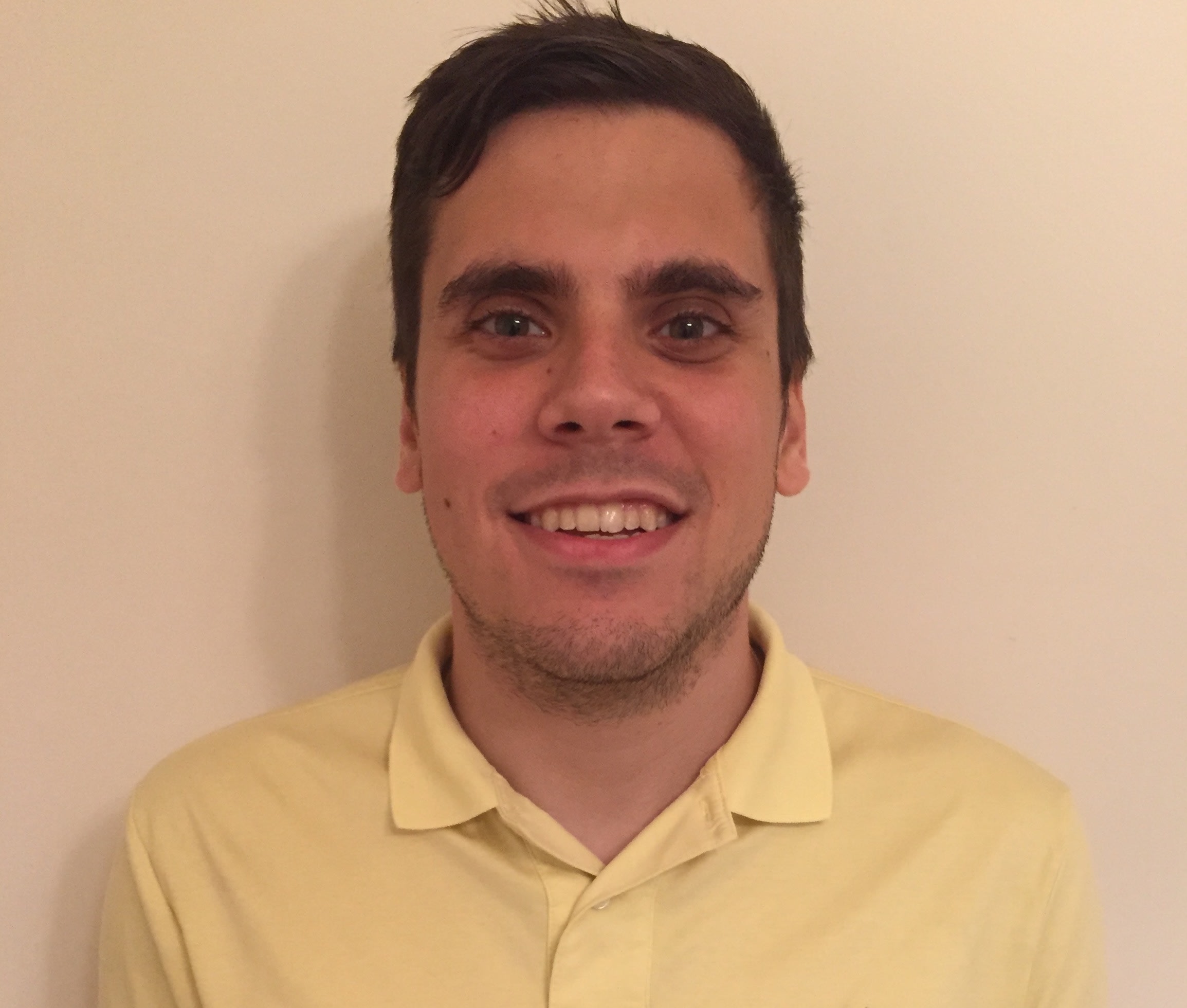Alabama announced the hiring of David Ballou and Dr. Matt Rhea from Indiana in early March. However, until now, Crimson Tide fans haven’t had a chance to meet the two new strength and conditioning directors. That changed Wednesday night. as Alabama football released a video on its Instagram page entitled “Meet The Strength Staff: Part One.”
Ballou serves as Alabama’s director of sports performance, while Rhea works as the director of performance sciences.
Ballou is the new Director of Sports Performance, while Rhea is the Director of Performance Sciences. The roughly 14-minute video, which was hosted by head trainer Jeff Allen, describes both director’s jobs and how they got to Alabama.
Here’s what both Ballout and Rhea had to say during the interview:
Ballou on why he came to Alabama
“I have a great deal of respect for Coach Saban and the program he’s built, the success he’s had and the way he’s done it. When I had a chance to actually talk to Coach, the energy and the urgency in his voice and the urgency in which I saw him when you got a chance to get into the building and see all the good people that are in the building and how hard they worked, it's the sense of urgency is really what caught my eye.
“It’s an opportunity I felt like I really needed to pursue. It was something that I really felt, deep down, that we were in a good situation before, had some good people around us, but this was something, a good challenge, a good opportunity, and we really felt compelled to make the move.”
Rhea on why he came to Alabama
“I’m excited to come into a program that’s obviously been, in Coach Saban’s tenure, the premier college football program in the country. I did some graduate work at Arizona State University, both a master’s and a Ph.D. many moons ago at this point, but my research focus was performance enhancement and injury prevention. And for really the last 15 years, I’ve been working in elite sports, working with athletes and trying to help them to prevent injuries or reduce injury risk and then prime for performance. Coach Ballou and I have worked together for the last 7-8 years during his master’s degree and then teamed up at two other places. I was elated when I got the call about the opportunity to come here.
“Interestingly, in January, we were in a really good spot, we were doing really good, but we kind of sat down in January and talked about a shortlist of places maybe that we leave that situation for and, obviously, Alabama was on the shortlist. It’s just an interesting irony and timing of all of this but really excited to come here and support very high-level athletes, a great program and and as I think we’ll get a chance to talk about the collaboration with a team of really, really good people that are behind the scenes, supporting athlete development.”
Ballou on his analytical approach
“We talk about all the time, the one thing we want to do in our program is we want to eliminate the guesswork. We only want to deal in absolutes. I want to know directly what we’re trying to fix and what we’re going after, and the only way to do that is to collect data. A lot of people collect data, a lot of people will have numbers and different ways to collect data. But we collect data to use it on a day-to-day perspective. It drives programing, it drives everything that we do. We make adjustments daily, sometimes in the workout, depending on what data’s telling us.
And that’s one of the advantages of having Dr. Rhea. He’ll flow data to me during our workouts, at times, and we have to make adjustments. But our biggest thing is we’re going and we’re trying to find limitations, weaknesses, flaws, issues that each player has. We got to go find them, first of all, and then you’ve got to go figure out how to go fix them, and we have a very thorough process that we do that. We have anywhere from 16-20 different things we’ll take our guys through, depending on what time of the year it is, and we have a pretty deep perspective on what it is that’s holding them back from high performance because that’s what we’re looking at.
“Each player’s different. It’s not as easy a guy being in the same position or a guy being the same height and weight. It’s not that easy. When you’re talking in the high-performance world, and that’s a word we use all the time, you’ve got to go find physiologically what is going on with that individual player, and you don’t know unless you have the data to back it up. There’s a lot of trial and error with this, and we’re lucky that we’ve been in this system for a while now and we’ve been able to see some of the best of the best this sport has to offer. So, we have a really good idea of not only the different levels that we’re dealing with, in terms of going to fix these things, but more importantly, the variations that do fix these things and kind of the path we have to take.
"Look, it’s not as easy a one-size-fits-all, everybody does the same workout. It’s not that easy. I know people like to put that out there. 'It’s put them in a weight room. Let’s go to work.’ It doesn’t work like that. Especially when you’re dealing with elite athletes, it doesn’t work like that. And our passion is player development. Our passion is developing football players, specifically. That’s why we love the college level, and that’s why we love this kind of set up. Dealing in that world and once you go down that route with the data and you’re trying to find those weaknesses and you’re trying to go find those individual flaws, there’s so many different things that come up with that and there’s so many variations that come up with that. Then it becomes a challenge for us from a programming perspective, let’s go fit this in in the time that we have to work with these guys.
“That’s the challenge and that’s the fun stuff, and that’s where we all as a strength staff have to be very flexible and we’ve got to be on top of our game. We have a really good strength staff and brought a couple of guys with us down here who are really, really good strength coaches. So, it’s important for our team, our five to be in sync, as well.”
Rhea on his role
"Well, “I’m definitely the nerd of the group and proud of that. I think today’s strength coach is different than in years’ past. I think today’s athlete is different than in years’ past. But what Coach Ballou and the guys on the staff have shown me is that they respect the science part of this so much, and I think that speaks very highly of him and just the respect that I think they all have for the scientific approach.
"I think today’s athlete is very different. They don’t come into the weight room and just [lift], they want to know why you’re asking them to do certain things. And if you’re able to explain that to them and they see the thought process that’s going into it, they see the data that we’re using to make decisions, they see that they’re doing something different than their teammates are doing, I think that that builds some of the buy-in. I think they come to respect that fairly quickly. Even the short period of time we had on-site with our guys and now remote, I think our guys are appreciating the amount of effort that we all put into helping them reach their full potential.
“But my primary role is just to coordinate data. As Coach Ballou mentioned, with technology today we can get so much data, and we do it in a way that is built into a workout. So, we don’t just stop and do testing days where everybody maxes on bench and squat and vertical jump. Our data collection is a daily thing, in every single workout, in numerous things. We kind of laugh sometimes, we’ll be sitting in our offices after a workout and we’ve got 10,000 data points from one workout. We then shift into management and evaluation mode where he and I just pour over data for the rest of the day. But there’s often times where I’m conducting an internal research program where we’re looking, as an example, at ratios between power in different lifts that might be signaling to us that there’s a problem, or it’s a red flag, or it’s a warning sign. So, I’m doing data collection and data analysis with some predictive stuff built in there. I then gather that information and if I see something of note, Coach Ballou and I will sit down, and we’ll just talk through the data, talk through the concept, figure out what we’re going to do about it.
"Then we move into a strategic mode where we might talk about different exercises. One thing that he and I have done for years now is you can actually calculate transfer of training. Transfer of training being how much an exercise actually transfers or improves a specific sports skill. It’s a nerdy math calculation. It’s pretty cool. But we have charts that rank different exercises based on these sports skills. So, we’ll look at the problem, we’ll look at the potential solutions and try to figure out, ‘OK, here’s the best way to approach this solution,’ again, in a team-training environment with a group of guys who really all have different needs or different issues.
"So, it’s very much a research-driven approach from my perspective, but again, what I really appreciate about the strength staff, and now that I’ve gotten to know you guys in sports medicine and the sports science people, we’re all really sports scientists. We’re kind of collecting data, we’re analyzing data. We’re using the data that we have to help improve the service that we’re offering to our athlete.”
WestGate Luxury Condos - To be any closer, you'd need a ticket

Andrew Bone, of BamaInsider.com, is a real estate broker in the state of Alabama.
Contact Andrew Bone for all of your real estate needs; buyers, sellers, investors, developers. Property management; BoneHomeTours.com Call 205-531-5577 or click here

